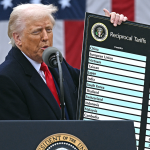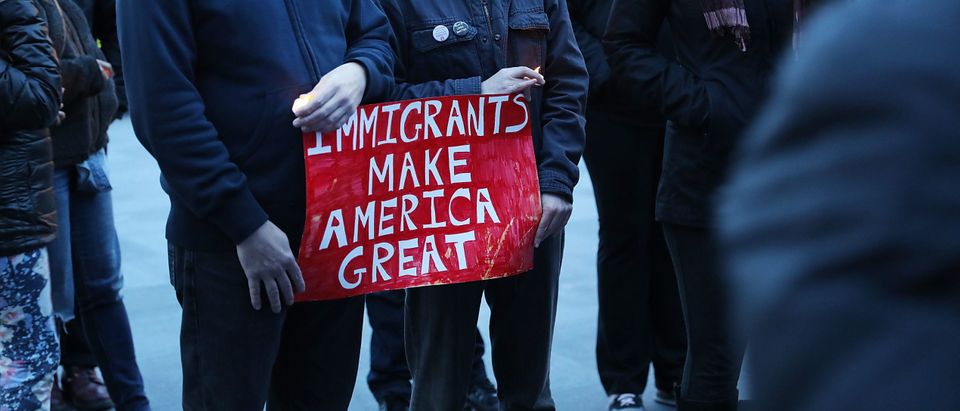U.S. District Judge Jeffrey White struck down two Trump administration rules Tuesday that would have reduced the number of visas issued to skilled foreign workers each year.
The Trump administration announced new changes to the H-1B visa program in October, which included new salary requirements on companies that hire foreign skilled workers and limited speciality occupations, according to the Associated Press (AP).
Deputy Secretary of Labor Patrick Pizzella said the changes were necessary as the economy recovers from the pandemic, according to the AP.
“With millions of Americans looking for work, as the economy continues its recovery, immediate action is needed to guard against the risk lower-cost foreign labor can pose to the well-being of U.S. workers,” he said.
However, White struck down the rules Tuesday, noting that the government didn’t follow procedures and that the claim the changes were necessary due to the pandemic didn’t add up since the Trump administration has previously suggested adding these rules prior to October.
“The COVID-19 pandemic is an event beyond Defendants’ control, yet it was within Defendants’ control to take action earlier than they did,” White wrote.
White said that while the Department of Homeland Security (DHS) argued that the virus was hurting workers, the Chamber of Commerce had “the better argument” since they argued that DHS gave a broad analysis of the unemployment and didn’t look narrowly at how the job market was for the types of positions held by H-1B workers.
“The evidence regarding unemployment rates most relevant to H-1B visa applications also does not show a ‘dire’ emergency,” White wrote.
The University of Utah, who sued alongside the Chamber of Commerce and other universities, argued that the new rule would force a company to pay an employee $208,000 for a job if their visa was renewed compared to their current $80,000 salary, according to the AP.
The rules on wages took effect in October, while the other rules were supposed to take effect Monday, according to the AP.
The Plaintiffs also argued that there wasn’t enough notice for the public to comment on the changes, which White agreed with. White ruled the government didn’t make a case for implementing the rules under the Administrative Procedure Act which holds government agencies accountable to the public by requiring a process for enacting new regulations, the AP reported.
Just now: A Calif. federal judge struck down the Trump admin's policies tightening eligibility criteria and raising the required salaries for foreign workers on H-1B visas.
The judge found that the admin hadn't sufficiently justified its choice to skip procedural steps. pic.twitter.com/pQLlYXYp0k
— Suzanne Monyak (@SuzanneMonyak) December 1, 2020
“Defendants failed to show there was good cause to dispense with the rational and thoughtful discourse that is provided by the APA’s notice and comment requirements,” White wrote.
The U.S. issues up to 85,000 H-1B visas each year in fields like technology, engineering and medicine which last three years and are renewable, according to the AP.
Story cited here.
























